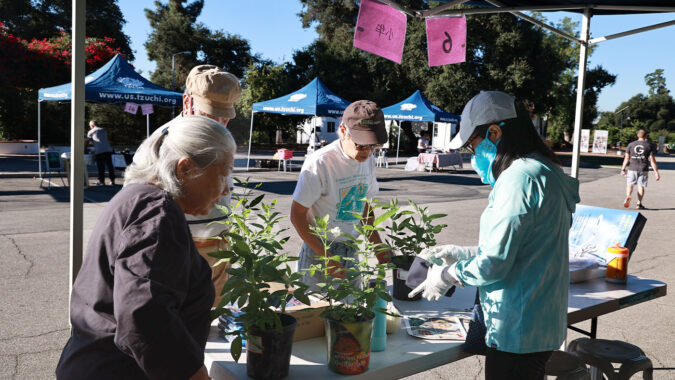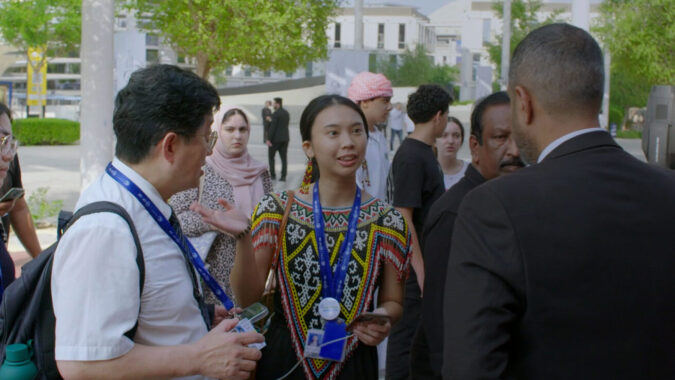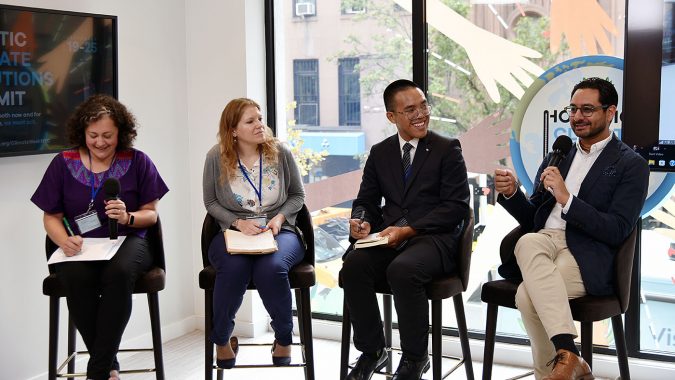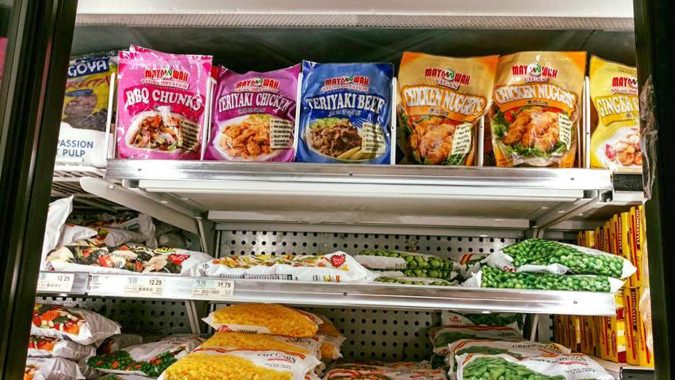
Written by Dilber Shatursun
When we make any major lifestyle change, it’s important to keep reminding ourselves of our ‘why’- particularly when it comes to what we eat. Without it, it can be extremely difficult to sincerely stay our course, resist the temptations of our old habits, and, ultimately, reach the goals we set for ourselves.
It’s also important to be honest about the odds stacked against vegetarians and vegans, too. The Humane Research Council suggests that as many as 86% of people end up abandoning their vegetarian or vegan diets, with roughly a third dropping off during the first three months. Here, we’ll address eight reasons you can keep coming back to to find the motivation that will change your life and the planet for the better.

8. Save Money
With the high costs of meat and animal products, it comes as no surprise that when you stop purchasing them, your wallet will see immediate benefits. As a matter of fact, studies suggest that vegetarians may save up to $750 more on groceries than omnivores in a year. They also ate more nutritiously thanks to greater servings of vegetables and fruits, and had room to spend money on healthier cooking oils, too.

7. Honor Religious or Spiritual Beliefs
Across many faith traditions, there exists a precedence for mercy and compassion for all creatures. In an article from Mind Body Green, Dr. Joel Kahn analyzed religions including Buddhism, Jainism, Hinduism, and the Abrahamic faiths of Christianity, Judaism, and Islam.
He found that their dietary traditions either emphasized reverence (particularly for cows in Hinduism), non-violence (in Jainism and Buddhism), or, at the very least, a prohibition on cruelty and unclean conditions for animals (especially in Judaisim and Islam). Wherever you find yourself spiritually, think deeply about what’s important to you.
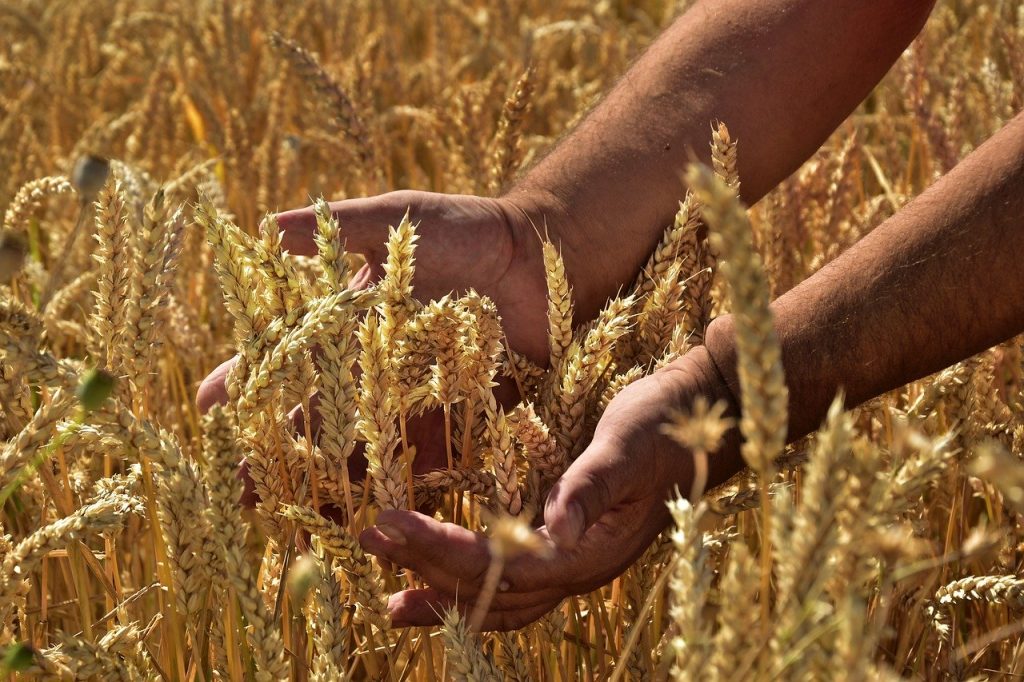
6. Make a Dent in World Hunger
It has been suggested that foregoing meat (or eating less of it) can help reduce the amount of land used specifically to grow feed for animals raised as livestock. In its place, the Food Climate Research Network suggests that this land can be used to grow grains or produce for human consumption instead, reducing commodity prices and making food cheaper for the urban poor. Scientist Luigi Guarino acknowledges that “there is no silver bullet to reaching the goal (of eliminating hunger)… But even if we get 80% there, it’s well worth it.”

5. Concern for the Environment
Going vegetarian or vegan can have major positive environmental impacts, including in the areas of global warming and greenhouse gas emissions, land use, water waste, and rainforest conservation. Some key facts:
raising animals for food (also known as animal farming or animal husbandry) creates more greenhouse gases than all the cars and trucks in the world
raising a kilo of beef takes a whopping 13K-100K liters of water; wheat, on the other hand, takes somewhere between 1K-2K
To better put the environmental impact of animal farming into perspective, read Eat to Beat Climate Change.
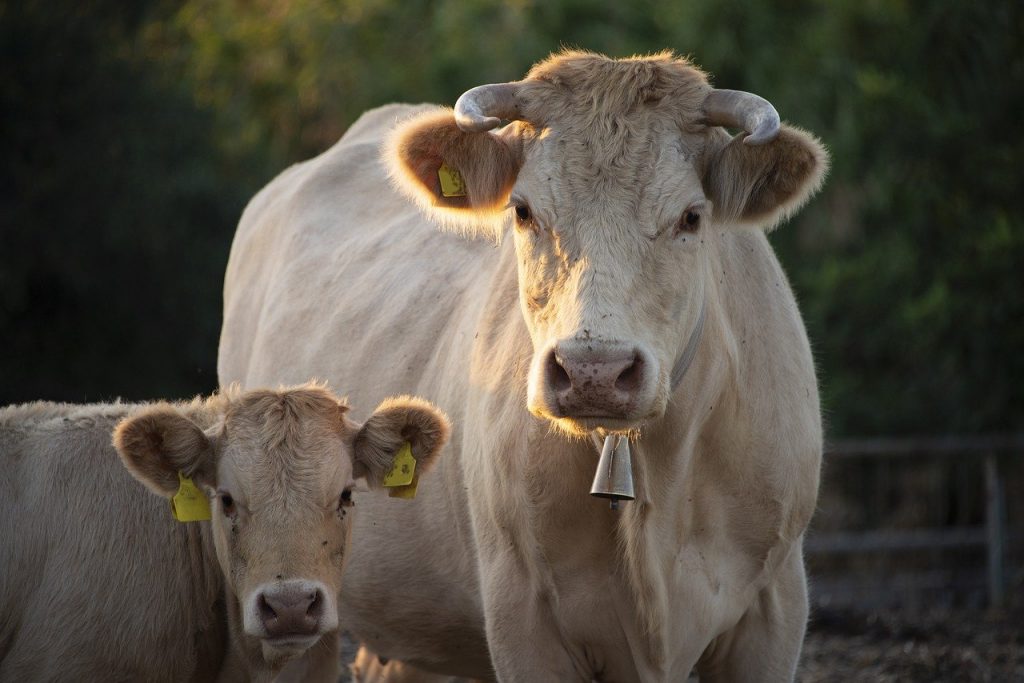
4. Animal Protection
For many, the most evident benefit of adopting a meat-free diet can be for the sake of saving animal life. This includes those for slaughter, but also those killed when feed is grown for these livestock animals (including mice, moles, and other small critters). But exactly how many animals get saved by a person going vegetarian?
Animal farming is so widespread and complex that it can be tricky to pinpoint this number accurately, and vegetarians can also wane from their diets, too. But, we do have good estimates. According to Counting Animals, going vegetarian saves between 371 and 582 animals- including 25 land animals and the rest from the sea- annually.
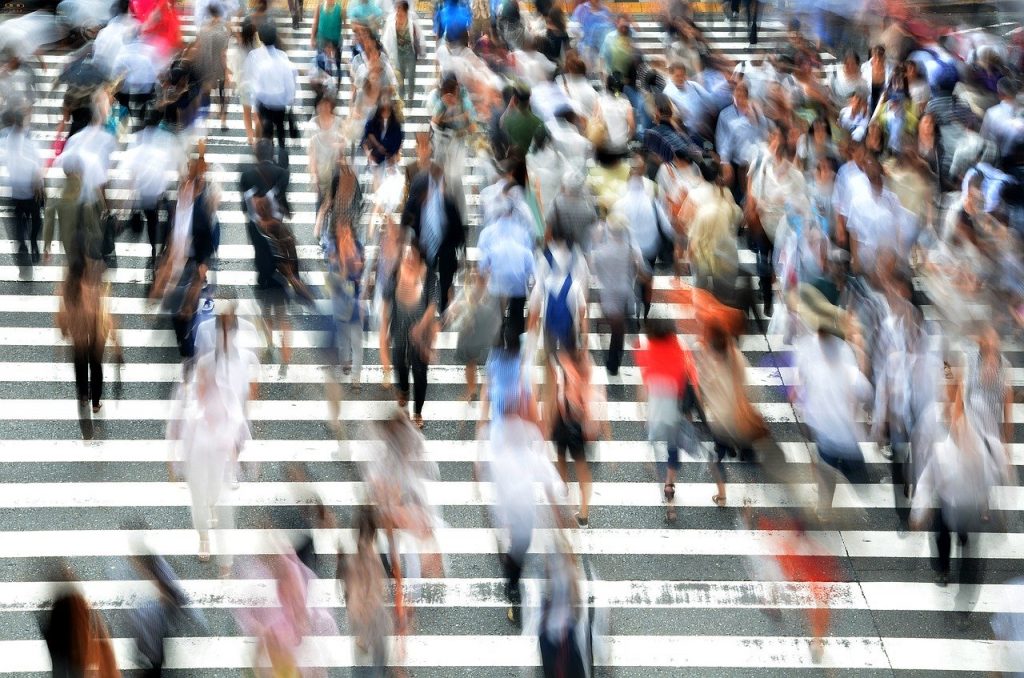
3. Public Health
We are all seeing the greatest threat to public health of our lifetimes play out before our eyes through the global pandemic. It’s exasperated healthcare systems around the world, caused a vast amount of deaths, shut down entire societies, and put a torturous grief over the rest of us. Its connection to meat-eating? COVID-19 is widely thought to be a zoonotic disease, meaning it is transferred to humans from an animal source, and it made its first known appearance at a wet market selling meat in Wuhan, China.
In fact, the threat of zoonotic diseases is so strong to our society that the World Health Organization (WHO) identified 70% of new pathogens discovered since 1970 as coming from animals. They are especially considered “a burgeoning threat, because animals are intensively farmed, transported for trade and kept in close contact with other species and humans in market places.”
While the exact origin of the virus is yet to be determined, many fingers point in the direction of meat consumption, and the dangers they bring to our society as a whole.

2. Personal Health
At a more individual level, there are many other benefits that choosing a well-balanced, vegetarian diet can bring. In fact, the number one most cited reason for choosing a vegetarian or vegan diet is for health. Some studies suggest that vegetarians have a 25% lower likelihood to die of heart disease, a significantly reduced risk for colon cancer, and a lower risk for type 2 diabetes.
What’s most important is that you are eating the right foods to stay healthy, like calcium-rich vegetables (like bok choy, collards, and kale) for better bone health, nuts for good heart health, and even fortified foods to supplement vitamins like D and K.

1. Future Generations
Transforming the way we eat won’t produce life-changing results overnight. But, in the long-term, we know that vegetarian eating has such huge power in promising better personal and public health outcomes, a greener planet, a better life for animals, a more equitable food system, deeper spirituality, and thicker wallets.
All this comes as a result of making more mindful choices when we shop for groceries, make meals for ourselves and our families, dine with and enjoy the company of our loved ones; all valuable lessons we can impart on our children, present and future. It all depends on you.
Get your vegetarian journey started on the right foot with these 10 tips for going vegetarian!


